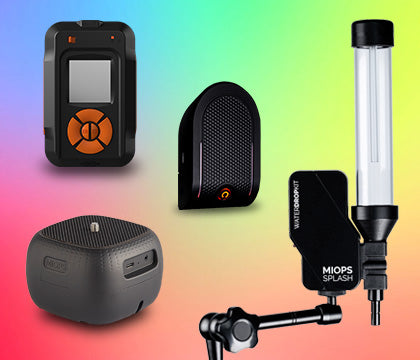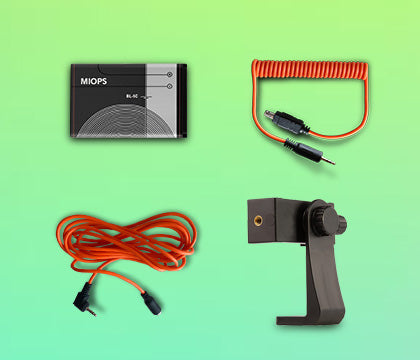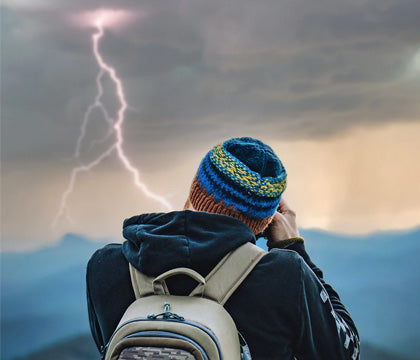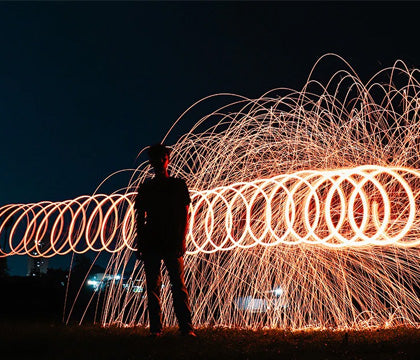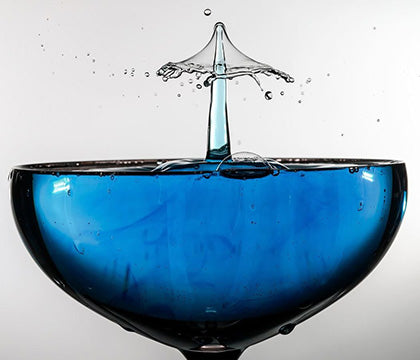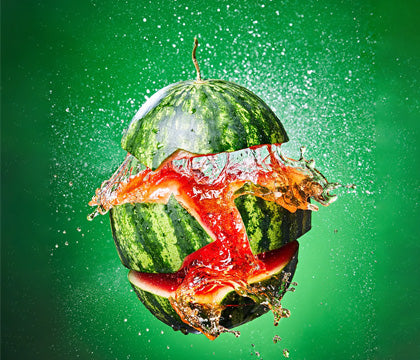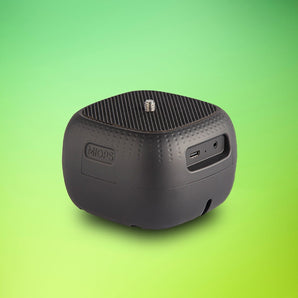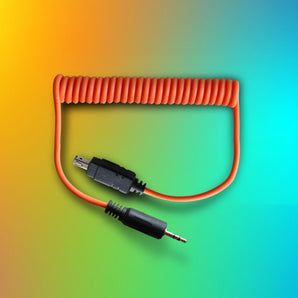Today’s photography market is filled with cameras that cost an arm and a leg to buy. Prices have soared over the years, reaching up to tens of thousands of dollars. As a photographer, it totally makes sense to invest in great gear. However, it is also important to know that it is not your DSLR camera that will make you a good photographer.
We’ve mentioned it a few times before, but it does bear repeating that tools are only as good as their users. This is why having a DSLR is not enough to be a good photographer. No matter how expensive your camera is, you will not be able to take captivating pictures without investing in your skills as a professional or hobbyist. Greatness in photography is not measured by how great and high-end your camera is—it is measured by how great you are at wielding it.
With that preface aside, here is a list of some things and skills that you need other than your DSLR camera. Having these qualities and equipment on hand will surely help you become better, if not be great.

1. A Keen Eye for Detail
Your eye is the first thing you must train before you could even move on to other skills. As a photographer, your art is visual in form, so you must have a keen eye for detail.
This will help you realize when moments or objects are picture-perfect. Before you can even whip out your camera, your eye will tell you if the scene is pretty or not. This skill will also guide you in composing your shots, and in knowing what to include and not. Having an eye for detail will tell you when the shot is right, or what can be done to make it right.
Related Article: 10 Common Photography Mistakes Newbies Make

2. Understanding your gear
Not all cameras are created equal. If you have recently changed your camera, it may be worth your time to review its manual and set time practicing with it.
Some photographers regard their cameras as extensions of their bodies. It may be an overstatement, but it is how you should proceed with getting to know your cameras. You may have a DSLR, but your unfamiliarity with it may cost you a great shot. You’ll know that you fully understand it once you have reached the point where you could adjust its settings while looking through the camera, and not fumbling with the many buttons and dials. All this will take is some time practicing.

3. Knowing when the light is alright
Much of your work as a photographer will be defined by how you capture light. In fact, photography is technically defined as the art of producing pictures by recording light. While your DSLR camera will surely have an Auto Mode that will automatically adjust the camera's settings, having the skill to manipulate its aperture will give you more control over how light is captured.
Additionally, your DSLR alone won’t be able to completely adjust the amount of light you have. You’ll also have to invest in flashes, diffusers, bounce cards, and more. When there’s a good story to tell, you should never be stopped by the lack of light. You must know how to make it and direct it.

4. Creativity
What truly sets great photographers apart from others is their creative genius. Finding your unique voice as a photographer is truly invaluable. Good photographers take the time to find this voice to be able to tell great stories. This is not something that you can buy along with your expensive DSLR. It is something that will define your body of work.
Our advice: Experiment! Do not be afraid to go beyond the bounds of what is currently established in the industry. Try new things and see what fits. It is only through experimenting that you will learn new things on your own. You will never know how you could shake things up in your routine if you do not actually try.
Another great way to test your creativity is to try new accessories that will expand your DSLR camera’s capabilities. One such accessory is the MIOPS Splash Waterdrop Kit. It is the first-ever standalone water drop kit that speeds up splash photography. With this tool, the time to set up is cut down, so you could focus more on creative application. Accessories like this – ones that help you be more efficient – are worthy investments since they give you more time and control over your shoots. Set the complications aside, and focus on your creative outputs.

5. Love for learning
Being better at photography never stops. If you aspire to be great in this field, you will have to embrace the need to keep learning. It is a career and hobby that is so heavily married with technology, so there will always be new developments that you will have to learn. New gear and equipment continue to appear, so some of your current knowledge may turn obsolete in the coming years. You will always have to take the time to understand the new developments and how they will contribute to your craft.
Other than new tech, there is also value in learning from other photographers. You can always go to galleries and exhibits to see what other photographers and audiences are into. You can examine published photographers in your field, and identify what makes their pictures great and lasting. There are also many workshops where seasoned photographers share their techniques, and how they take the best photos.
Your photos will also be inevitably subject to criticism, which should always be welcomed especially if it's constructive. Having others examine your work will teach you what to improve, and what to tone down. Consider joining photo walks, where you will surely be able to pick up tricks from your fellow photographers.
As you can see, photography is not just about cameras and accessories. While this art form and career are undeniably reliant on having a camera, it is not what makes you a good photographer. It’s the ability to tell a story regardless of what camera or gear is available at your disposal.
Related Article: 8 Important Ways to Be a Better Photographer
Related Article: High Speed Photography Explore Site


